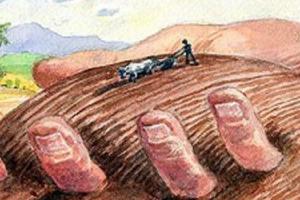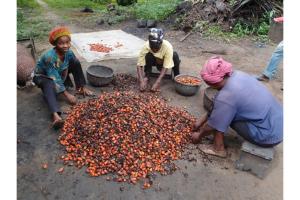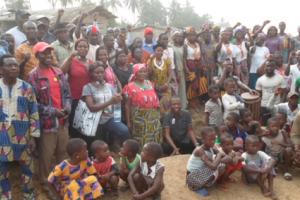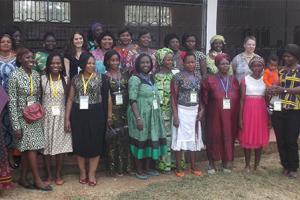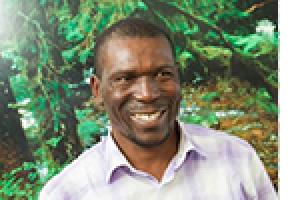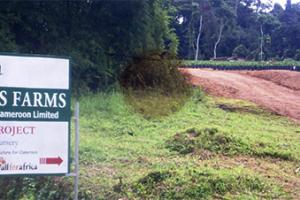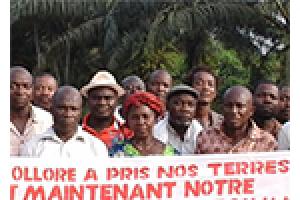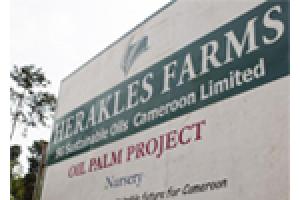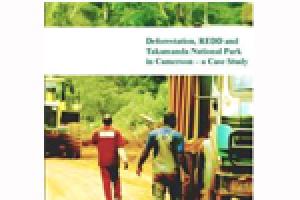Cameroon
Other information
13 July 2016
A video produced by GRAIN shows how rural women in West Africa are working to protect traditional palm oil production in the face of the destructive expansion of industrial oil palm plantations.
Watch the video here.
Other information
15 April 2016
Women, communities say NO to the expansion of oil palm plantations and industrial palm oil
Other information
15 April 2016
We are 40 participants who have united in Mundemba, Cameroon, for an international workshop on the tactics and strategies of oil palm companies, from 28 to 31 January 2016. We have gathered to share our experiences from Cameroon, West and Central Africa, Asia and South America, and to understand the realities of the local communities in Ndian Division, Southwest Region of Cameroon.
Other information
15 April 2016
Women resist industrial palm oil (Photo: JVE-Cameroun)
Considering that the aspiration to human dignity is a common ideal for humankind, and that the United Nations Charter asserts this aspiration in its preamble and in the Universal Declaration of Human Rights;
Other information
11 November 2015
International Civil Society Alarmed by Conviction of Cameroonian Environmental Human Rights Defender
November 9, 2015
Oakland, CA—Cameroonian authorities must stop the harassment of Nasako Besingi, environmental human rights defender, according to an international coalition of civil society organizations including the Oakland Institute, Forest Peoples Programme, Grain, Save Wildlife Foundation, Cultural Survival, Greenpeace Africa, WRM, and the Environmental Investigation Agency.
Bulletin articles
15 September 2015
Other information
6 May 2015
Peasant farmers deprived of their lands launch a series of occupations on Socfin’s plantations in Cameroon, Liberia, Cambodia and Côte d’Ivoire between the end of April 2015 and the annual shareholder meetings of the Socfin group (27 May) and the Bolloré group (4 June). The Bolloré group is the biggest shareholder (39%) of Socfin, which has industrial oil palm and rubber plantations, among others in the countries where the protests are taking place.
Other information
10 April 2015
Aljazeera’s People and Power TV program released a video on the social and environmental consequences of oil palm plantations in Cameroon, where the government has been trying to attract the palm oil industry by offering a number of incentives.
Other information
31 October 2014
Local communities affected by the oil palm plantations from the Société des Palmeraies du Cameroun (SOCAPALM) are waging an all-out battle to defend their rights, which are being trampled on with impunity. This giant agro-industrial palm oil production company, controlled by the Bolloré Group, has planted vast plantations in the coastal, central and southern regions of the country. Moreover, Bolloré also owns SOCFIN, the company responsible for destruction of villages and human rights violations in Nigeria.
Other information
4 August 2014
By FPP.
While focusing in particular on the German financing of rainforest protection in Cameroon, this report also covers the broader issue of how Cameroon’s forest policies are shaped by the REDD process. It takes a case study approach, examining the way such forest protection policies impact on local communities by focusing in on the specific example of those communities whose land has been overlaid by the Takamanda National Park
